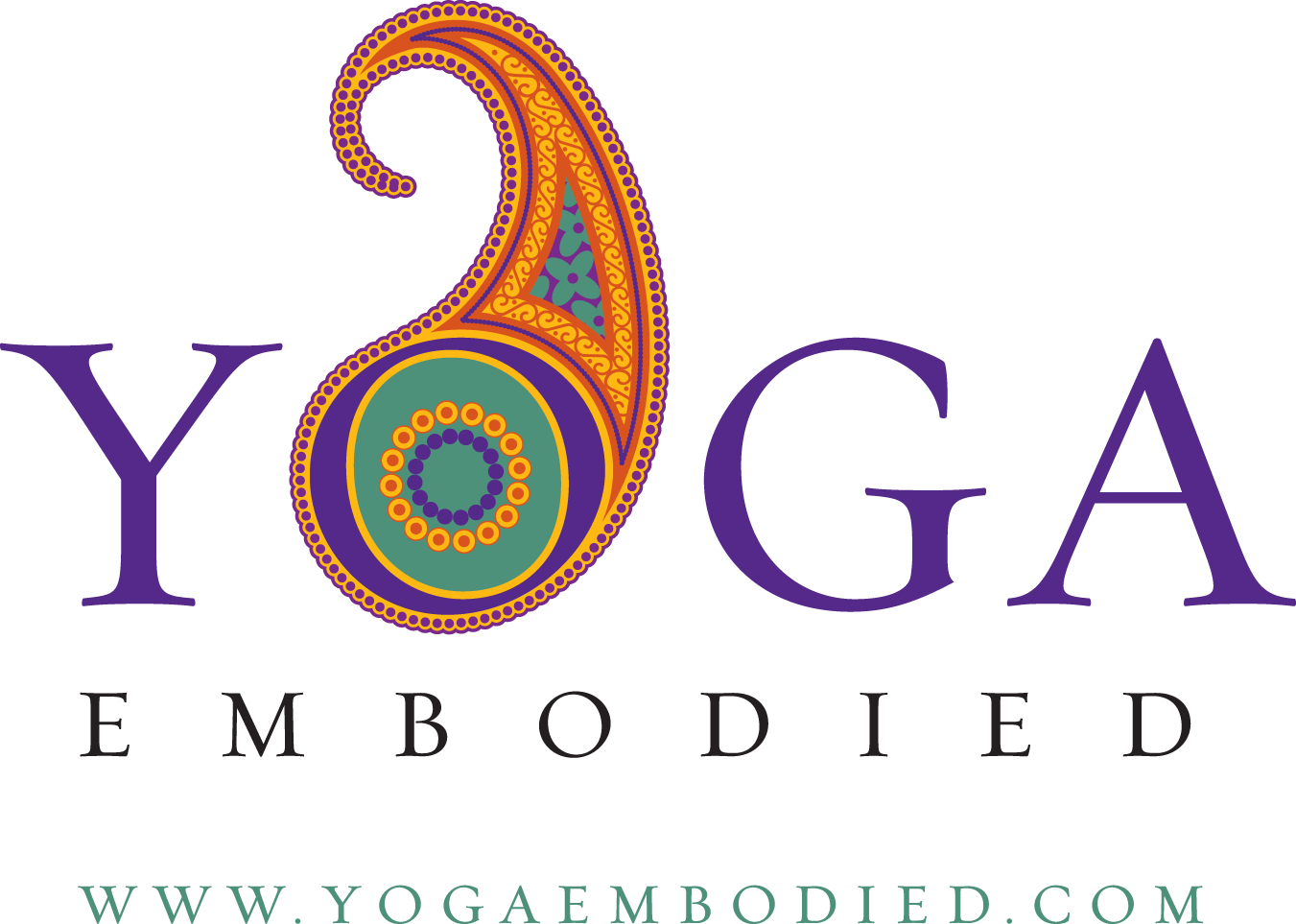5 signs you are ovulating
Claire Zarb is a London based homeopath. She has kindly offered to share this blog on ovulation with us. You can find more about Claire through Happy Homeopathy and she will soon move her clinic to Streatham too!
Did you release an egg this month?
Many women presume that if they’re having a natural and regular period (as in, not taking any form of artificial birth control and their cycle is approximately 28 days) that they’re also ovulating. Not necessarily!
Ovulation is one part of the female menstrual cycle whereby a mature ovarian follicle (part of the ovary) discharges an egg (also known as an ovum, oocyte, or female gamete). It is during this process that the egg travels down the fallopian tube where it may be met by a sperm and become fertilised.
A woman’s menstrual cycle lasts between 28 and 32 days on average. The beginning of each cycle is considered to be the first day of her menstrual period (menses). Ovulation itself generally occurs between day 10 and day 19 of the menstrual cycle, or 12 to 16 days before the next period is due.
A lot of my clients say they’re not sure how to look for signs of ovulation and wish that they’d been taught this kind of stuff at school. I think it’s important for all women to know their natural cycle and to be aware when it’s gone awry. So with this is mind, here are 5 signs that you are ovulating that you can watch out for:
1) Cervical mucus changes
As ovulation approaches, your cervical mucus changes in amount and consistency. When you’re not ovulating, cervical mucus may appear sticky or creamy, or may be entirely absent. As ovulation approaches, cervical mucus become more abundant, takes on a watery to raw-egg-white-like consistency, and stretches up to an inch or more between your fingers.
2) You feel sexy
Ovulation means your body is ready to release an egg and make a baby, so it’s only natural that your sexual desire will increase and you’ll likely feel sexier, and more attractive.
3) Changes in your cervix
Just as your cervical mucus changes as ovulation approaches, your cervical position also goes through changes. When you’re most fertile, your cervix will be higher, softer, and more open.
4) Aching pain
Some women, experience a form of a twinge of pain or a series of cramps in their lower abdominal area (usually localised to one side, the side you’re ovulating from). This monthly reminder of fertility is thought to be the result of the maturation or release of an egg from an ovary.
5) Change in your temperature
That is, your basal body temperature, or BBT. Your BBT is the baseline reading you get first thing in the morning, after at least 3-5 hours of sleep and before you get out of bed, talk, or even sit up. Your BBT changes throughout your cycle as fluctuations in hormone levels occur. During the first half of your cycle, oestrogen dominates. During the second half of your cycle (once ovulation has occurred), there is a surge in progesterone. Progesterone increases your body temperature as it gets your uterus ready for a fertilised, implantable egg. Which means that in the first half of the month, your temperature will be lower than it is in the second half of the month, after ovulation. Confused? Here’s the bottom line: Your BBT will reach its lowest point at ovulation and then rise immediately and dramatically about a half a degree) as soon as ovulation occurs.
If you don’t see any of these 5 signs, it is possible that you’re not ovulating. There are a number of different factors involved as to why and these can range from remnant toxicity from the birth control pill or equivalent, irregular periods, cycle length of 40 days or more, nutritional deficiency, or it could be a sign of poly-cystic ovarian syndrome. If you’re worried, speak to your health care practitioner or consider booking in to see a homeopath to help regulate your hormones.
Until next time, have a happy, healthy week!
Claire Zarb LCPH
t: +44 (0)7582 269569
e: claire@happyhomeopathy.co.uk
w: http://www.happyhomeopathy.co.uk
s: c.zarb
May 21, 2014
